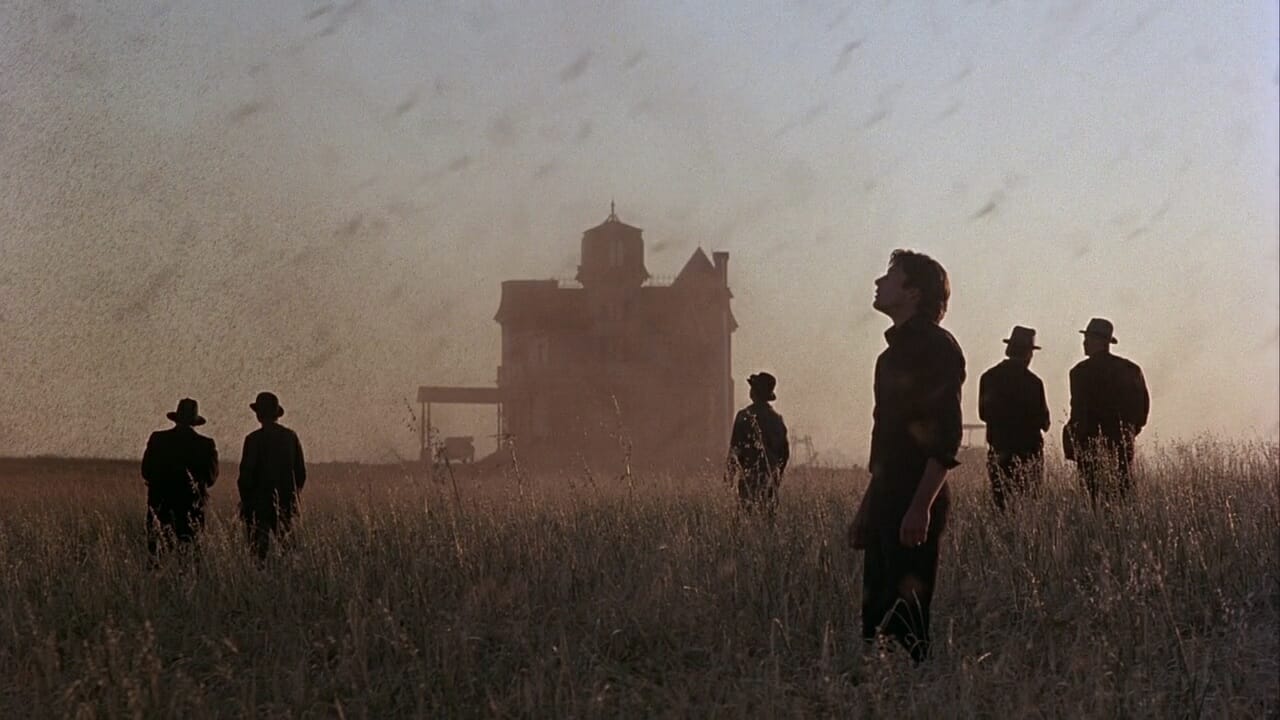-
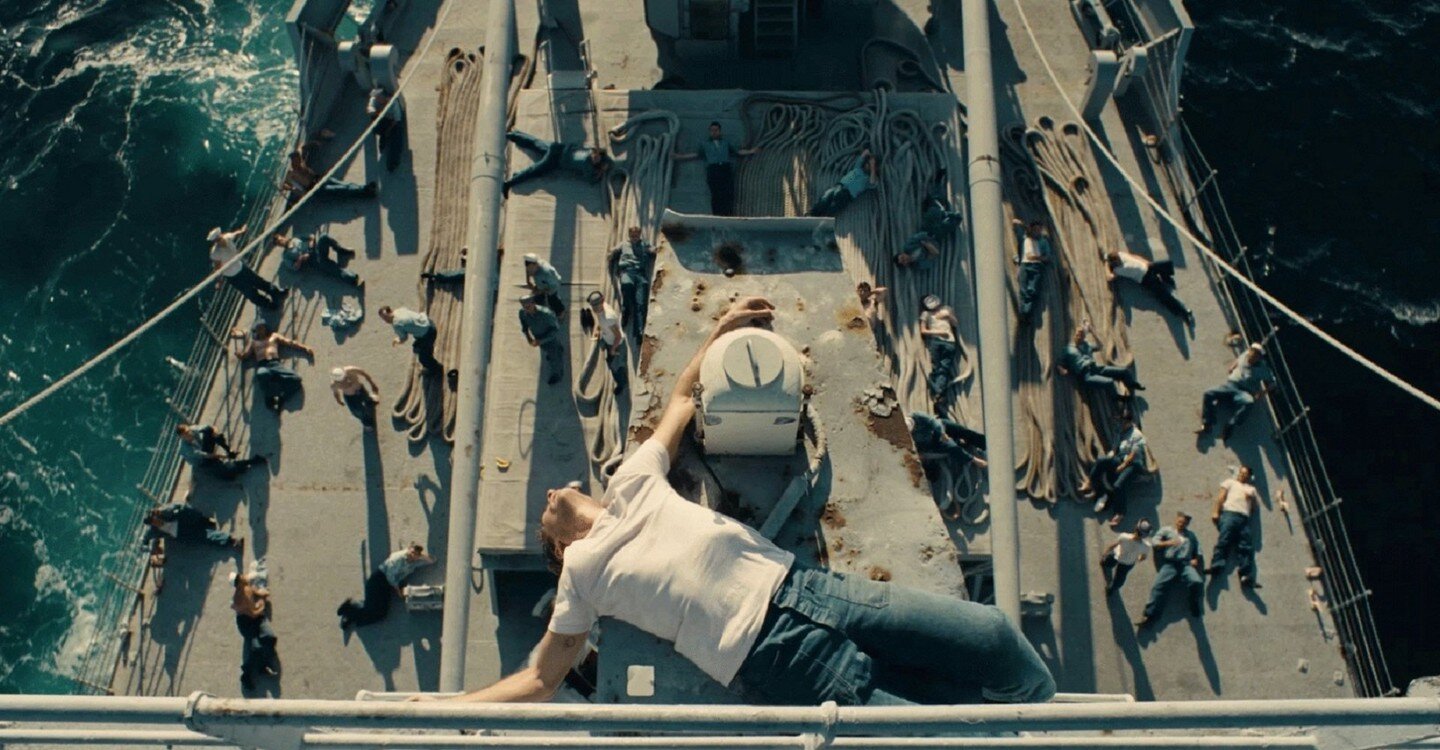
2012 in Cinema
Paul Thomas Anderson creates an ambitiously enigmatic work studying symbiotic opposites, Christopher Nolan ends his Dark Knight trilogy with kinetic style, and Sam Mendes delivers the most inspired James Bond film to date.
-

4 Months, 3 Weeks and 2 Days (2007)
Leading the peak of the Romanian New Wave, Cristian Mungiu turns his government’s historic oppression into the pervasive, unseen antagonist of 4 Months, 3 Weeks and 2 Days, haunting the dangerous attempts of two women to secure an illegal abortion with a passive cruelty that lingers in long takes, and holds us in its tight,…
-

Summer with Monika (1953)
Ingmar Bergman guarantees the loss of youthful innocence in Summer with Monika as sure as seasonal changes, contrasting the light nostalgia of a gleeful escape against the demoralising fatigue of contrived, urban living by studying the expressive contours of his young lovers’ faces, poignantly recognising what modern society has so cruelly stolen from them.
-
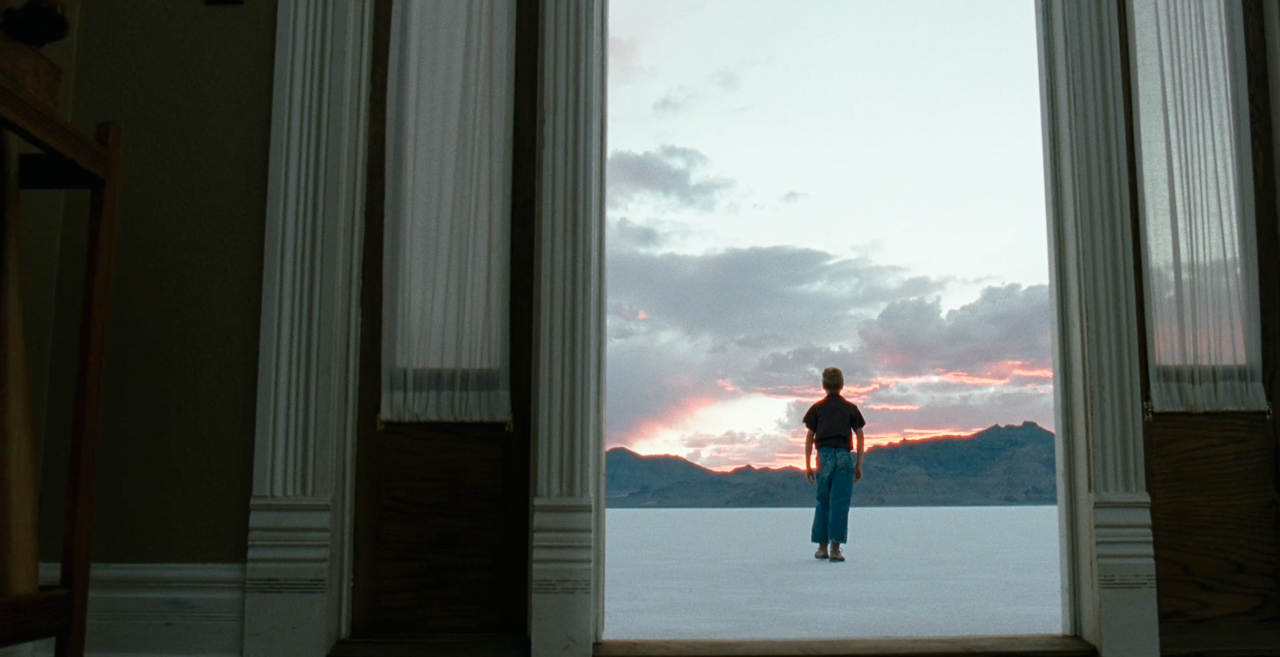
2011 in Cinema
Terrence Malick delivers a landmark of transcendental cinema, while Béla Tarr and Lars von Trier both impress with heavy, philosophical films contemplating two different apocalypses.
-

Unforgiven (1992)
Unforgiven is not a new story for men like ex-outlaw Will Munny who are so capable of pitiless murder, but in Clint Eastwood’s brilliantly cutting genre subversions and sensitively layered performance, it emerges as a horrific reminder of what lies dormant beneath America’s glorified history, incisively undermining the lies of the Old West’s mythology.
-

Tár (2022)
Todd Field remains at a chilly distance from the casually cruel subject of his interrogation in Tár, unleashing the full, daunting force of a gifted yet abusive musician with Kubrickian precision, and tracing her psychological disintegration to the depths of a painstakingly formal study in unchecked power, exploitation, and highbrow art.
-

2010 in Cinema
Aaron Sorkin pens the greatest screenplay of his career with David Fincher, Christopher Nolan blows minds with his most visually inventive film to date, and Darren Aronofsky crafts a horrifying character study of ambition and obsession.
-

Babylon (2022)
Just as Babylon writhes with excitement at cinema’s potential during the early years of its formation, so too does Damien Chazelle eagerly tease apart the connection between artistic genius and debauchery in its first pioneers, swinging as hard with his decadent maximalism as the modern empire of insurmountable, ruinous ambition at the centre of it…
-
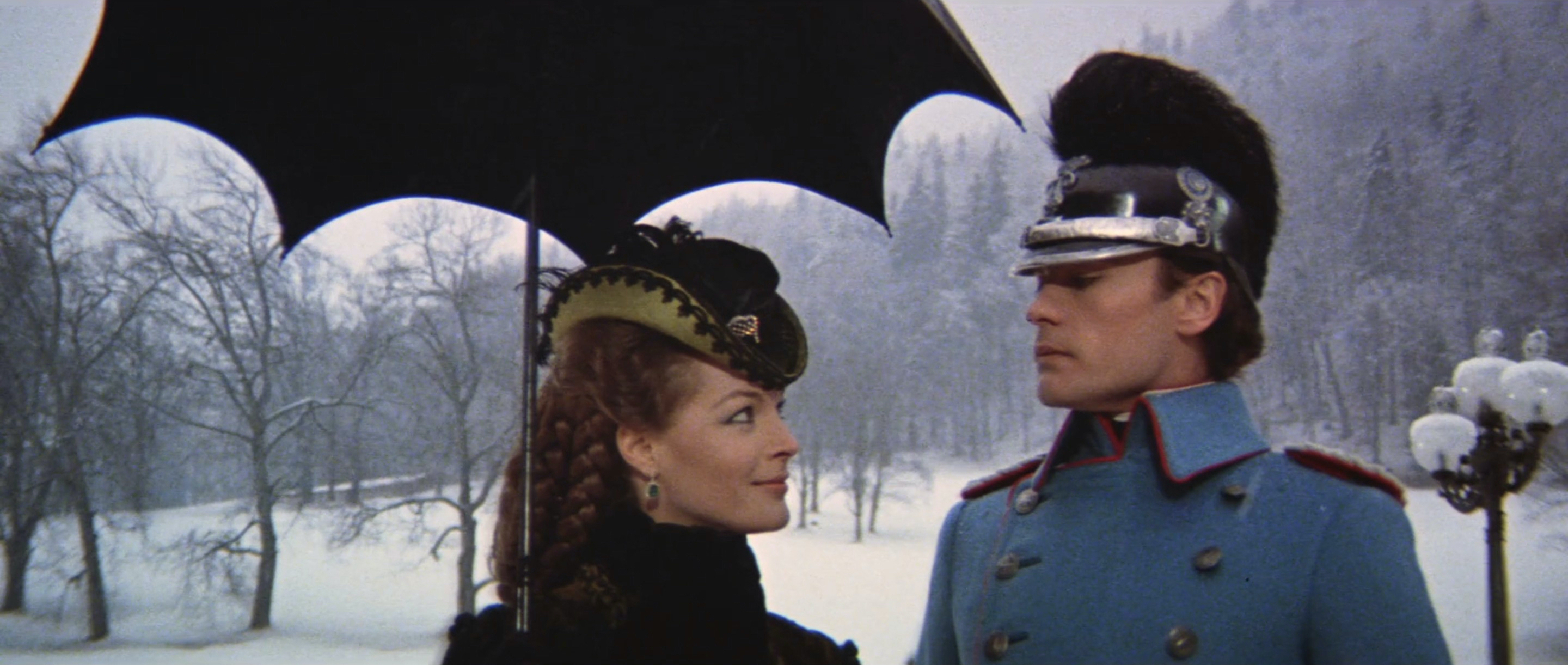
Ludwig (1973)
Within the opulent palaces of 19th century Bavaria, Luchino Visconti’s operatic staging exquisitely details King Ludwig II’s decadent dreams and gradual deterioration, seeking to understand the legacy of this historical empire through the strange mix of sexual insecurities, mental illnesses, and artistic obsessions which roil around in his lonely, troubled mind.
-

Atonement (2007)
Whether Briony could ever find genuine redemption after irreparably destroying the lives of two lovers is the provocative question that she may never get an answer to, and in Joe Wright’s impressionistic camerawork and ever-shifting structure, we too find it eerily winding its way through Atonement’s formal puzzle of lies, truths, and alternate perspectives.
-
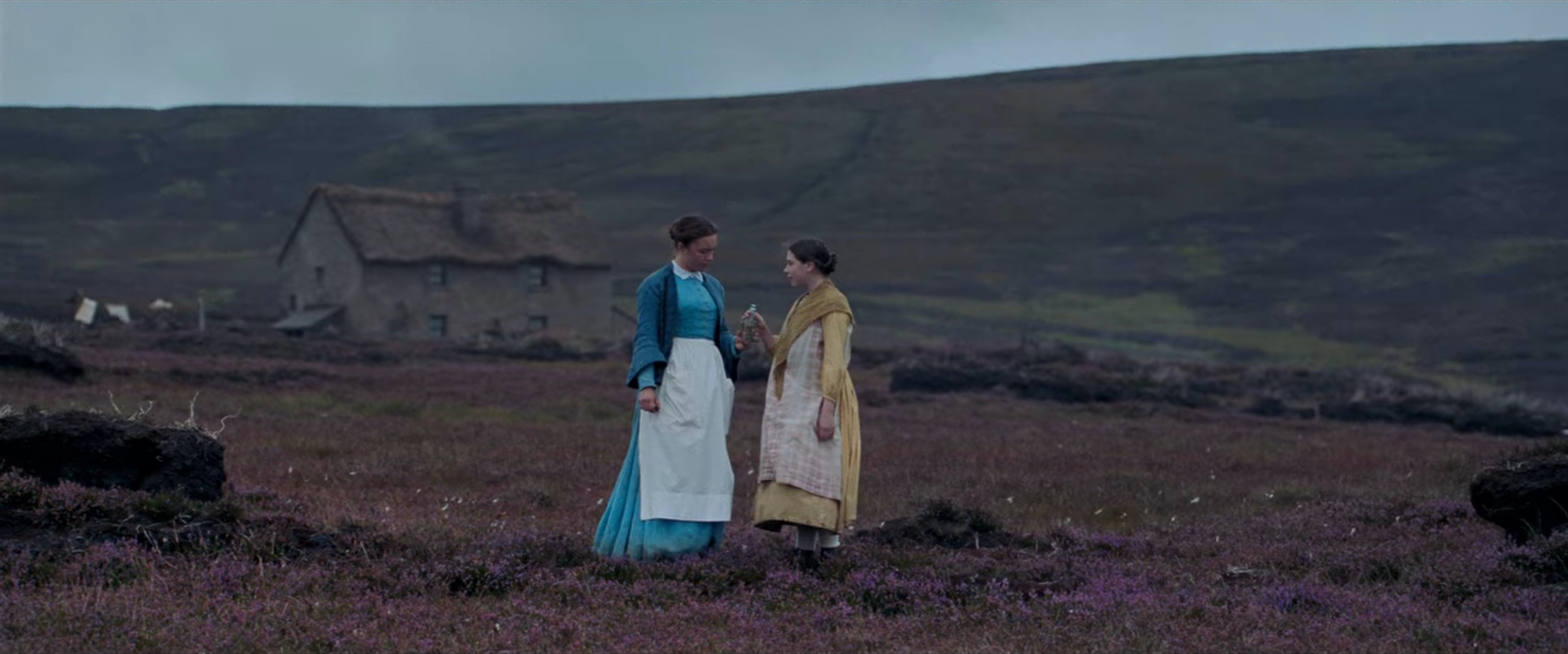
The Wonder (2022)
It is an unexpectedly self-aware period drama that Sebastián Lelio composes in The Wonder, deconstructing its own form to examine the purpose it holds as a piece of metafiction, but it is through such profound introspection over one girl’s miraculous fast in 19th century Ireland that he paradoxically draws us even deeper into its richly…
-
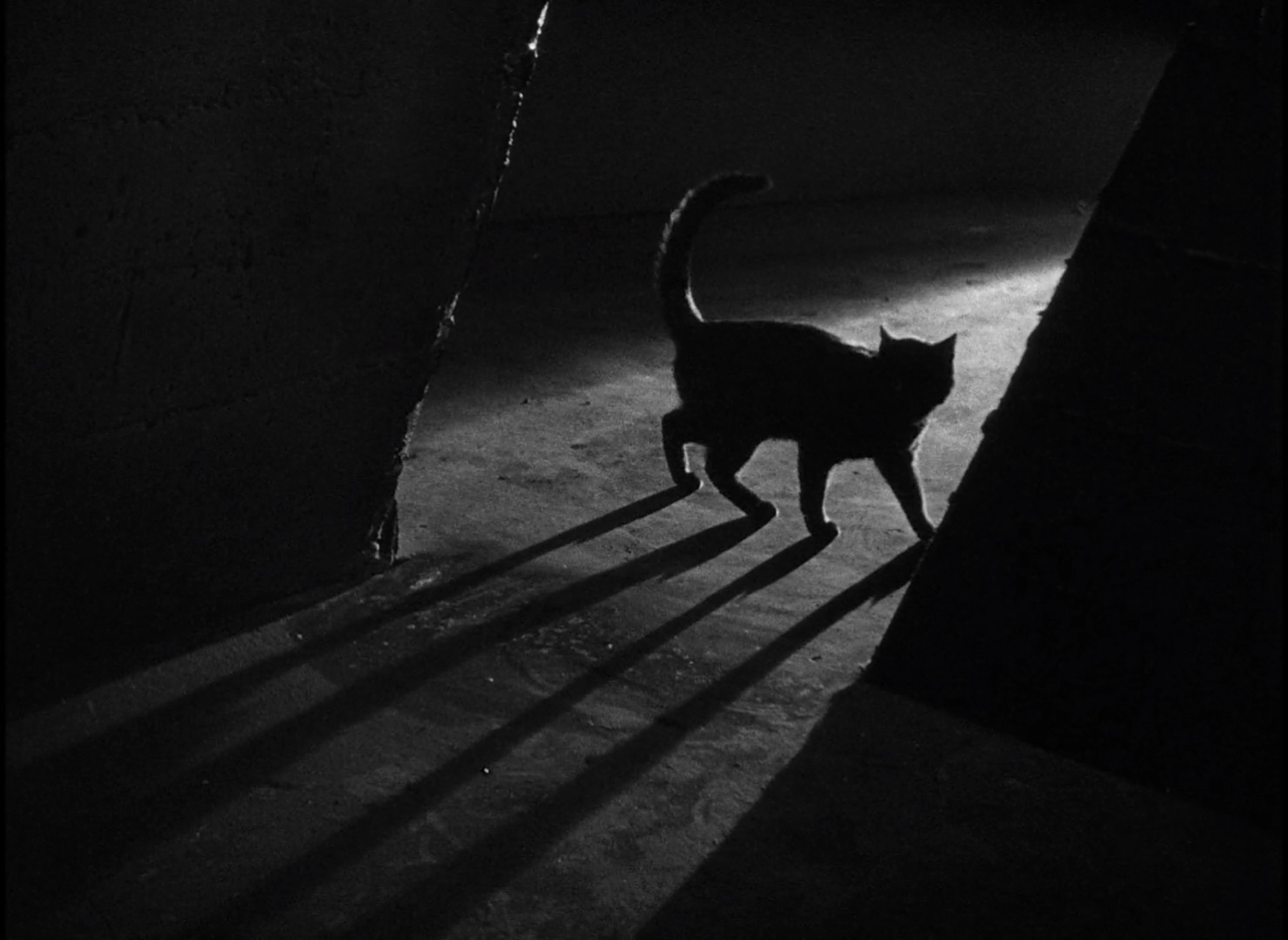
The Black Cat (1934)
Edgar G. Ulmer savours every demented moment of conflict between Bela Lugosi’s creepy psychiatrist and Boris Karloff’s prowling Satanist in The Black Cat, painting over its uneven narrative pacing with a macabre expressionism that makes for a darkly mesmerising occult horror.
